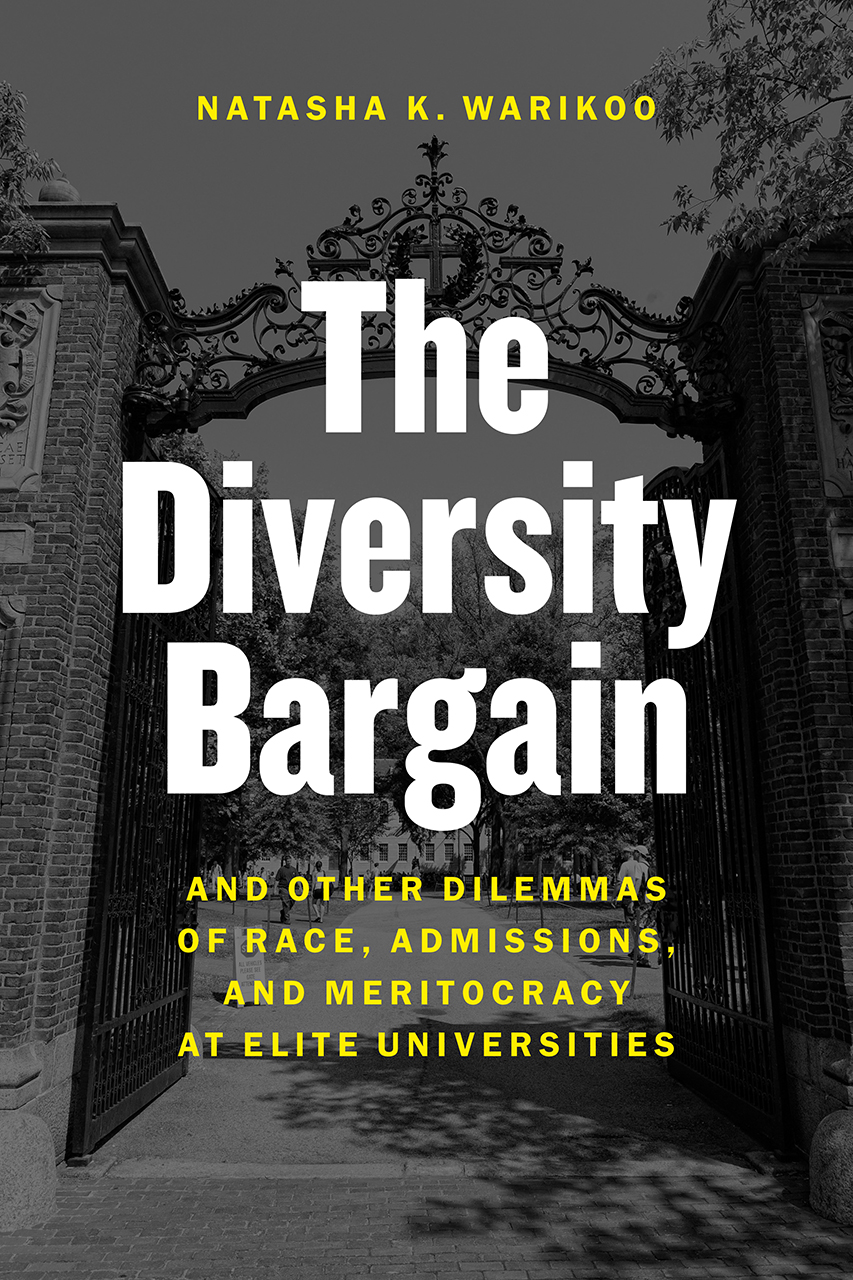18 tweets
20 hours ago
Affirmative Action is exactly the race conversation Trump wants. It’s a policy that angers lots of moderate White people without doing much to help most people of color, while simultaneously casting problems of racism in terms of decisionmaking about individuals and their merit.
Put differently: this ruling that literacy is not a right and thus GOP Governor Snyder’s mismanagement of Detroit’s underfunded schools is fine seems like it should be a much bigger deal, and is probably a better cause to champion tactically
Affirmative action conversations also almost always make racial inequality into a zero sum game (despite legal arguments about the societal, educational and/or business benefits of diversity)
Polling on affirmative action is highly question dependent (though relatively stable for the same question over the past couple decades). Pew has a very mild wording and sees majority support: people-press.org/2017/10/05/4-r…
Gallup asks it differently and finds majority disapproval:
“Solely on Merit” is contrasted with “considering race”, and gets about 70% support for the last 15 years. This framing implies merit can be conceptualized apart from race, which is false but a strong background assumption reinforced by most discourse around affirmative action
GSS shows a tiny uptick in support in their question (which focuses on hiring and promotion but also foregrounds past discrimination), but overall support is quite low: gssdataexplorer.norc.org/trends/Civil%2…
I wonder the polling would be like for “Literacy is a basic right.” And “Race should not determine the quality of a k-12 education a student has access to.” I’m guessing a bit more favorable (even as White parents are very much implicated in how minority school districts fail)
As @libbyanelson nicely points out in her Vox piece, most college students attend schools that don’t have very selective admissions:
And as research that @ellenberrey and I have done shows, even among the top 1000 or so colleges, rates of claiming to consider race in admission have fallen from about 60% to 35% sociologicalscience.com/articles-v4-18…
And yet, in part because of how much attention we all pay to a handful of elite schools, I would guess most college students believe that their school considers race. Many of my students in a higher ed class at Michigan did, where the use of race had been baneed for years.
Even among that 35%, it’s not clear that the use of race even leads to larger minority student enrollment (check back here in a month or two for a working paper with @prabhbob and @ellenberrey about that)
On the above point about the entanglement of race and merit, for a historical take see John Carson’s The Measure of Merit:
For discussions related more to contemporary universities, see (among others) Karabel’s The Chosen, Stevens’ Creating a Class, or Ellen, Fiona and my paper on Michigan’s undergrad admissions system and the Supreme Court cases: idp.springer.com/authorize/casa…
And this recent op-ed by @JLeeSoc on Harvard's legacy admissions:
But perhaps even more so, Melissa Wooten's work on the long history of underfunding and undermining HBCUs: sunypress.edu/p-6086-in-the-…
Because if this conversation stays about who "deserves" a spot at Harvard, we all lose.
Missing some Tweet in this thread?
You can try to force a refresh.
You can try to force a refresh.





